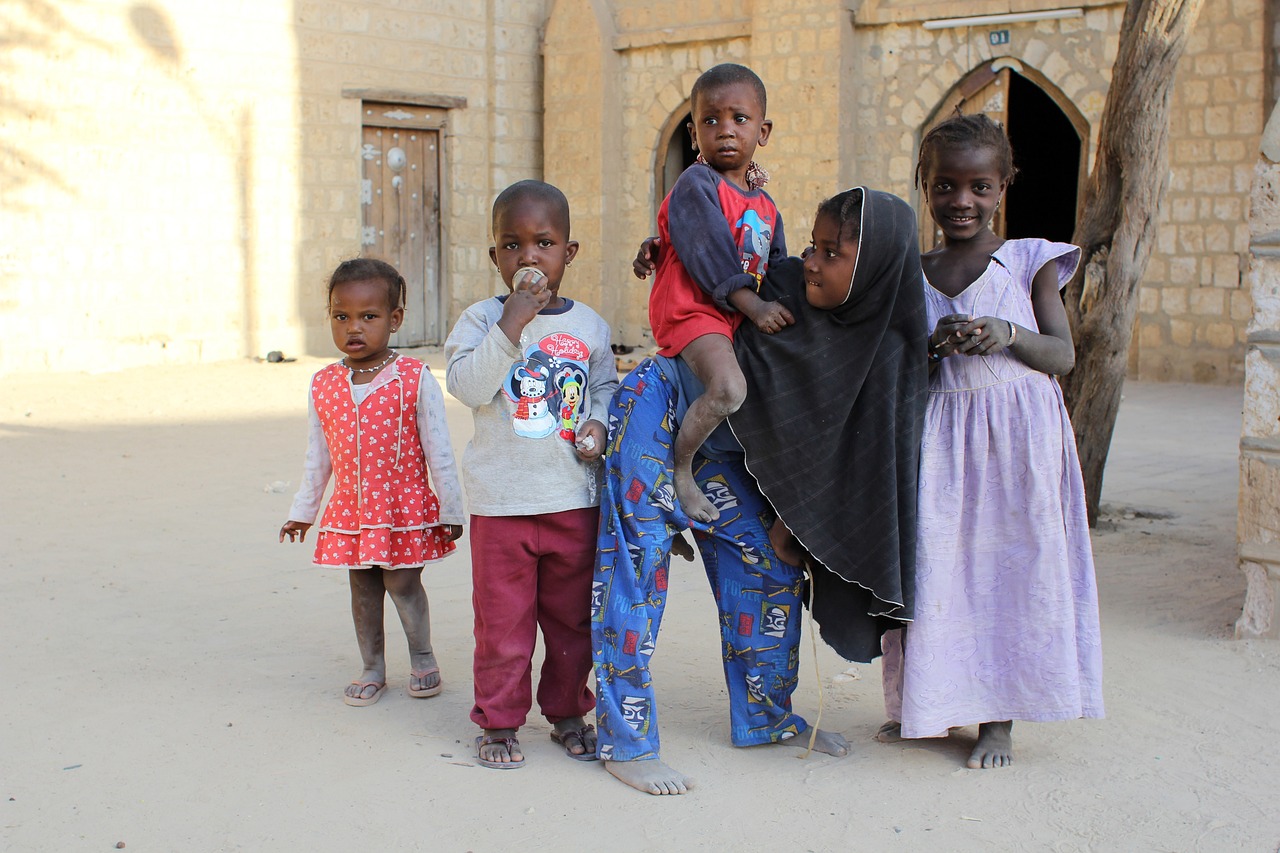Strengthening Health Resilience in Fragile Settings
In an increasingly complex global landscape, addressing the healthcare needs of at-risk populations in fragile settings requires innovative, cross-sectoral approaches. That’s where USAID’s PROPEL Adapt project comes in.
PROPEL Adapt’s goal is to enhance the enabling environment—the conditions, policies, systems, and factors for voluntary family planning and reproductive health (FP/RH). The project’s aim is to integrate FP/RH services into broader healthcare systems, encompassing HIV/AIDS, maternal and child health (MCH), and primary healthcare (PHC).
“In order to ensure that women and the most vulnerable populations are protected in times of crisis, effective policies need to be in place prior to a crisis, funding needs to be identified and mobilized, communities need to advocate proactively, and accountability structures need to be in place. PROPEL Adapt utilizes these critical levers to promote voluntary FP/RH and integration with HIV/AIDS and MCH, ensuring these services are available during crises and contribute to long-term resilience.”
–Michael Rodriguez, Project Director
Working at the Humanitarian-Development-Peace Nexus
Complex emergencies demand holistic solutions, involving stakeholders across the humanitarian-development-peace (HDP) nexus. PROPEL Adapt operates at this nexus, evaluating factors that facilitate smooth transitions from crisis response to long-term recovery and preparedness.
Towards Universal Health Coverage and Gender Equality
Aligned with Sustainable Development Goals 3.8 and 5, PROPEL Adapt’s approach centers on achieving universal health coverage while prioritizing gender equality and empowerment. The project focuses on inclusivity, particularly for marginalized and excluded populations.
Our Work in Mali








